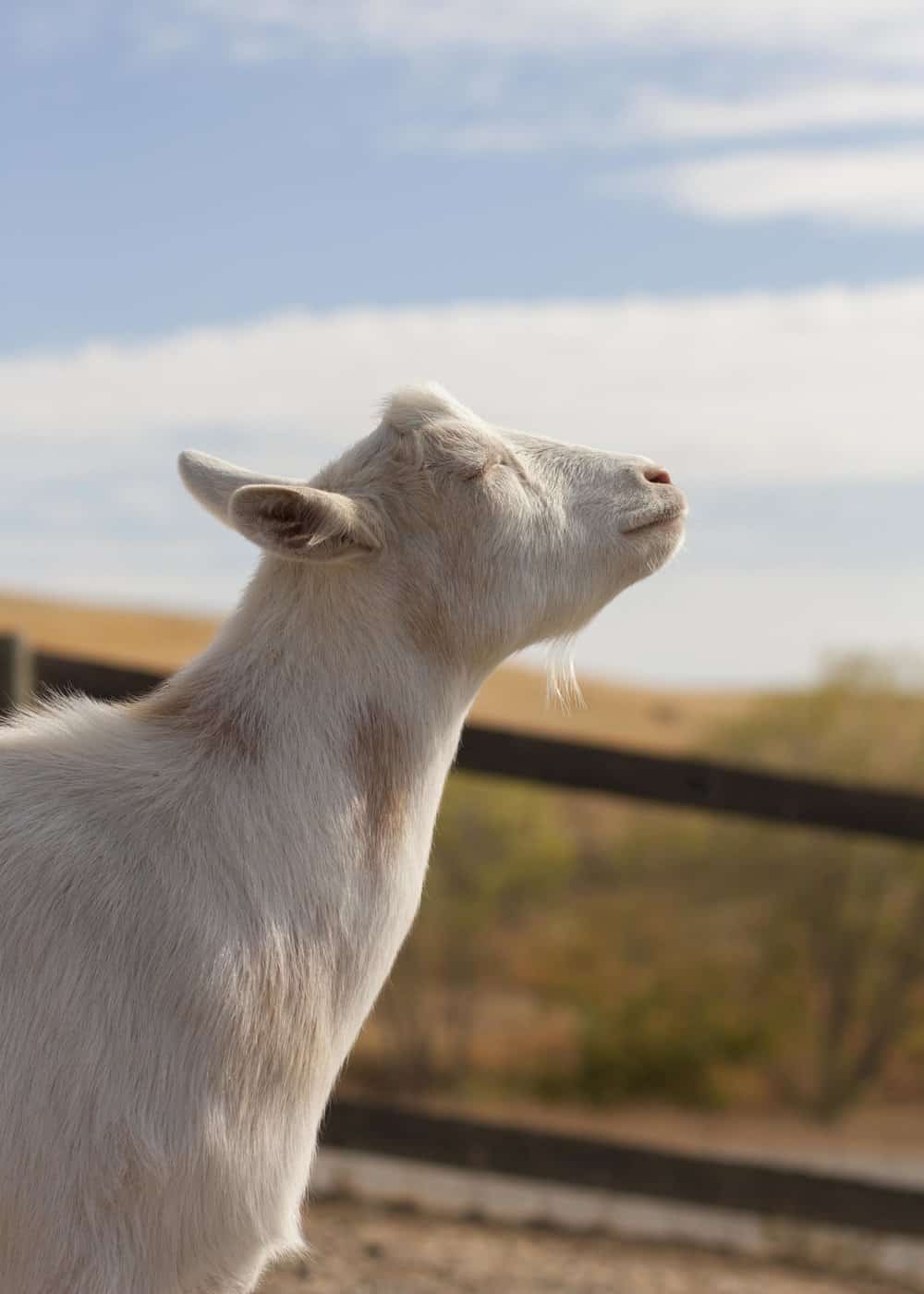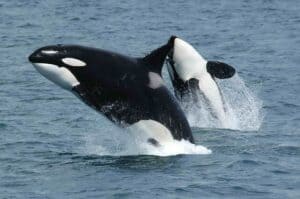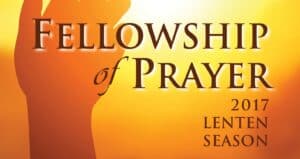
CSA’s Sarah Withrow King is running a series of devotionals during Lent, reflecting on what we believe about God’s creatures and how we might move toward living out those beliefs as members of the body of Christ.
What is the place of animals in our Christian faith, and what does that mean for us? Join us on Mondays for a video, a song, and/or a short reading, along with questions for reflection and discussion.
Want more? Join Sarah and other CreatureKind friends for a Facebook Event every Monday at 11AM Eastern Time!
Why did God make animals?
Read Genesis 1:20–2:3.
What do we learn about the place of animals in creation? What role are humans given in relation to animals in this passage?
Of animals, Basil of Caesarea (4th century) said, “…the love of the offspring and of the parents for each other is extraordinary because God, who created them, compensated for the deficiency of reason by the superiority of their senses. Really, how is it that among countless sheep a lamb, leaping out from the fold, knows the appearance and voice of its mother, hurries toward her, and seeks its own source of milk? Even if it finds the maternal udder dry, it is satisfied with it, running past many that are heavy with milk. And how does the mother know her own among the countless lambs? They have one voice, the same appearance, a like odor among all, as much as reaches our sense of smell, but, nevertheless, they have a certain sense impression that is keener than our perception, through which the recognition of its own offspring is possible for each animal. The puppy does not yet have teeth, and nevertheless, he defends himself with his mouth against anyone that teases him. The calf has not yet horns, but he knows where nature has implanted his weapons. These facts support the evidence that the instincts of all animals are untaught, that nothing is without order or moderation in all that exists, but that all things bear traces of the wisdom of the Creator, showing in themselves that they were created prepared to assure their own preservation.”
Pray: Sustainer of all, I confess my actions have not always contributed to the flourishing of all creation. Please forgive me, merciful God, and make me an instrument of your peace. Amen.
Sarah Withrow King is the Deputy Director of Christians for Social Action, the co-director of CreatureKind, and the author of two books, Animals Are Not Ours (No Really, They’re Not): An Evangelical Animal Liberation Theology(Wipf & Stock) and Vegangelical: How Caring for Animals Can Shape Your Faith (Zondervan).


